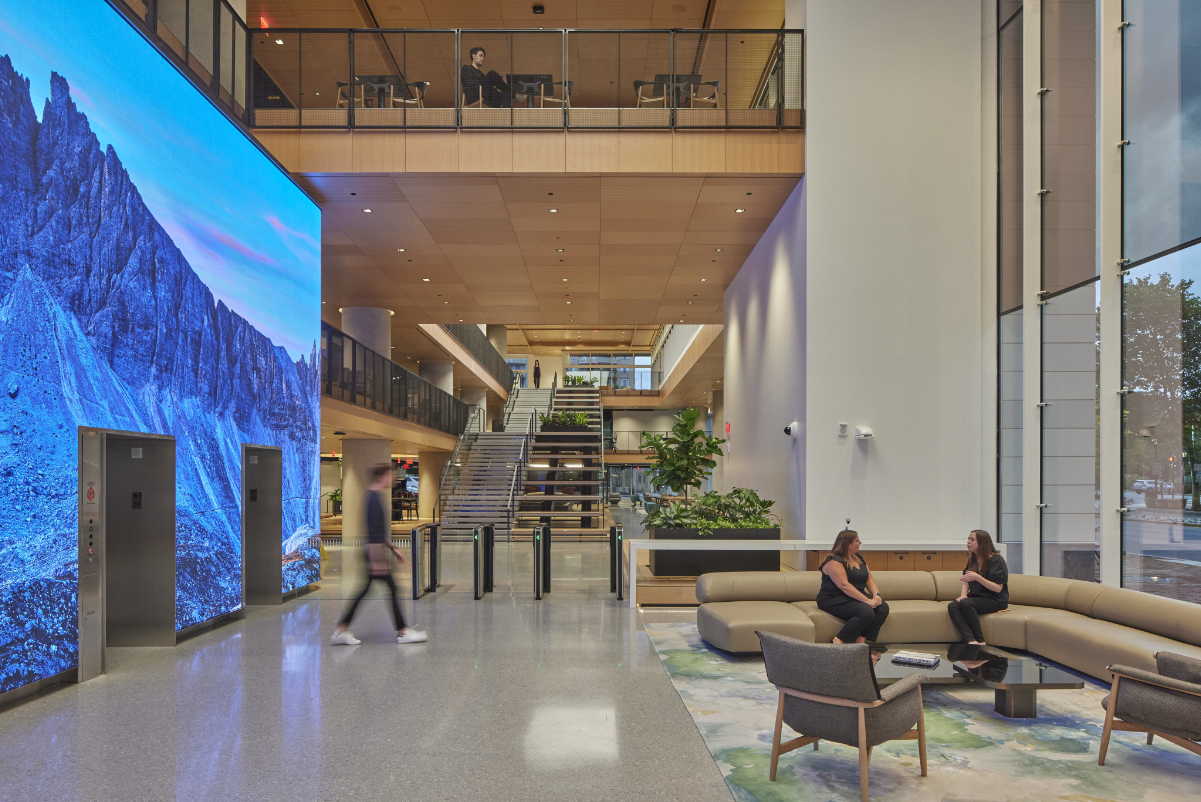Hotel Groups Deploy Swelling Cash Piles With Varied Playbooks

Skift Take
Global hotel groups are awash in near-record amounts of cash. Seven of the best-known hotel groups were collectively sitting on about $7.3 billion in cash and short-term investments in June, according to a recent wave of financial filings.
How these hotel giants — Accor, Choice, Hilton, Hyatt, IHG (InterContinental Hotels Group), Marriott, and Wyndham — deploy their cash will be of great interest. Stakeholders hoping for some of that cash include property owners looking to sell hotel assets, workers looking for raises, executives hoping for corporate investment in their products, and shareholders hoping that companies repurchase shares to boost stock prices.
Take Marriott International, for example. At the end of last year, it had $1.39 billion in cash and short-term investments, partly as a hangover from building up a cash cushion during the uncertainty of the pandemic. By June 30, it had reduced its cash pile to $546 million.
"Given our outlook for further global recovery and our powerful business model that is generating significant cash beyond our investment needs, we expect to return more than $2.2 billion to shareholders this year," said Kathleen Oberg, chief financial officer of Marriott International, during an earnings call earlier this month.
Major hotel companies are following varied playbooks. Most signaled plans to draw down their cash hordes one way or another. Rising interest rates are eating away at the value of cash, discouraging companies from holding onto it.
Hyatt and Wyndham Go Shopping
Hyatt had $1.955 billion in cash, cash equivalents, and short-term investments as of June 30. It plans to pay down a portion or all of the short-term debt it issued in late 2021 while also buying back some stock.
Hyatt is looking to use some of its cash to buy hotels. Earlier this month, it bought Hotel Irvine in California, an independent 541-room hotel, for $135 million.
The Hotel Irvine purchase helped Hyatt secure its brand presence in a popular destination where it has been underrepresented. Hyatt made an all-cash offer, something that private equity competitors couldn't as easily due given current market gyrations, said Mark Hoplamazian, president and CEO, during an earnings call.
Wyndham Hotels and Resorts had $400 million in cash and liquid assets, at the end of the second quarter.
"Our first priority, as always, is to invest in the business, said Michele Allen, chief financial officer. "We are actively exploring both external and organic growth opportunities."
Wyndham also delivered about $240 million in buybacks and dividends, represents about 3 percent of its market capitalization, in the first half.
Buying Versus Buybacks
Hilton had $1.175 billion in cash and liquid investments as of June 30. It planned to give shareholders between $1.5 billion and $1.9 billion via buybacks and dividends.
Investors like when companies buy back stock because it reduces the shares outstanding, typically pushing up the earnings generated per share and often boosting a stock's price. Stock buybacks are popular in many corporate offices because hotel executive compensation is typically designed to encourage it by rewarding top leaders if stock performance measures such as earnings per share rise.
Some analysts worry that CEOs may do stock buybacks too much when they are incentivized to boost earnings per share as a way to boost their compensation. Yet others point out that the incentives can discourage CEOs from making poorly thought-through mergers and acquisitions simply because they have the cash to spend.
A new wrinkle in the U.S. is just-passed legislation that will charge businesses a 1 percent excise tax on the fair value of the stock they buy back. It's unclear what effect that will have on the buyback practice.
Tough Decisions
At the end of June, Accor had about $1.294 billion (€1.298 billion) in cash and short-term equivalents. In the second quarter, it used nearly $200 million (€200 million) in cash to pay for corporate restructuring and to invest in Reef, a ghost kitchen company.
Choice Hotels had $607 million in cash and short-term equivalents on June 30. In the first half of the year, it returned about $42 million to shareholders in cash dividends and repurchases of its stock. The company plans future share repurchases. It also expects to pay $53 million in dividends this year, more than double the level of last year.
IHG had $1.36 billion in cash and liquid assets. It announced this month a plan to buy back a half billion dollars worth of its stock by year-end.
Jin Jiang is a Shanghai-based conglomerate that is one of the world's largest operators and managers of hotels in China and elsewhere, though it also has other business, such as restaurants and cruise lines. The company hasn't reported earnings for a comparable period to the other global giants mentioned here. But it had $811 million in cash and short-term equivalents in late March.





